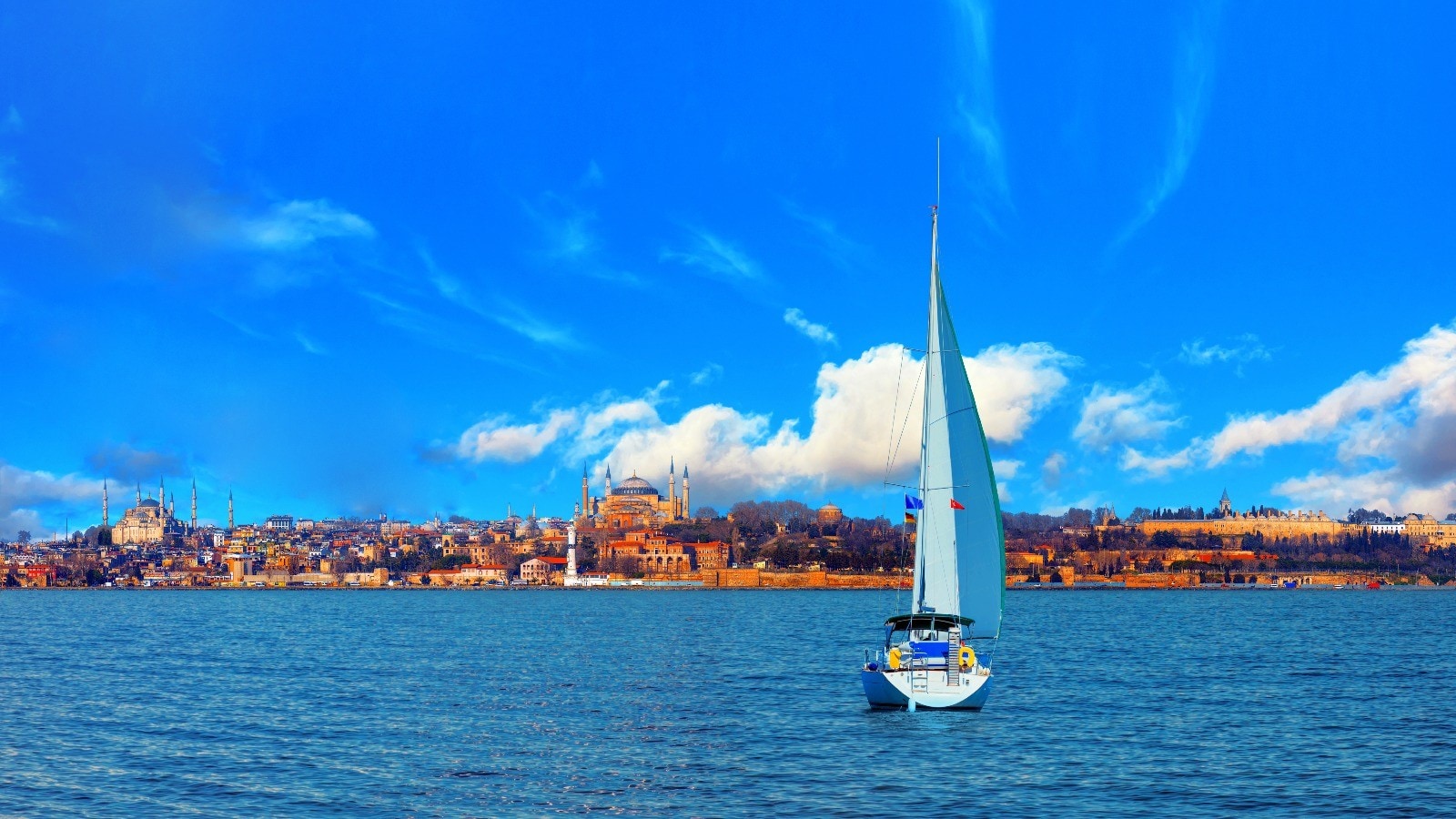What Do We Mean by Blue Economy?
The blue economy encompasses a comprehensive and sustainable strategy for engaging in economic activities related to oceans and seas, empowering nations to exploit their marine resources responsibly, prioritize long-term environmental preservation, and drive inclusive economic development.
Established Sectors :
- Marine Living Resources: Sustainable fishing practices, aquaculture, and marine conservation initiatives
- Marine Non-living Resources: Responsible deep-sea mining practices, sustainable extraction of minerals and metals
- Marine Renewable Energy: Setting up off-shore wind tirbunes and floating solar panels
- Port Activities: Implementing eco-friendly port infrastructure and optimizing logistics to reduce emissions
- Shipbuilding and Repair: Incorporating green technologies and circular methods in ship construction and repair processes
- Maritime Transport: Transitioning to low-emission vessels, and investing in port electrification
- Coastal Tourism: Promoting eco-friendly tourism practices
Emerging Sectors :
- Ocean Energy: Harnessing wave, tidal, and thermal energy to generate electricity
- Blue Biotechnology: Developing pharmaceuticals, biomaterials, and enzymes derived from marine organisms while ensuring ecosystem conservation
- Desalination: Implementing energy-efficient desalination technologies and minimizing the environmental impact
- Maritime Defence, Security and Surveillance: Utilizing sustainable maritime security measures, such as renewable energy-powered surveillance systems
- Research and Innovation: Investing in sustainable marine research and innovation to develop solutions for environmental challenges
- Infrastructure: Constructing sustainable coastal infrastructure, such as green ports, resilient coastal defenses, and renewable energy installations

Covered with Seas: Blue Economy Outlook of Türkiye
Türkiye, with its extensive coastlines along the Mediterranean, Aegean, Marmara, and Black Seas, stands poised to unlock its vast potential in the Blue Economy. With abundant marine resources, Türkiye holds promising opportunities across various sectors, including maritime transport, coastal tourism, aquaculture, offshore energy, marine biotechnology, and sustainable fisheries. By capitalizing on these sectors, Türkiye can not only drive economic growth but also foster environmental sustainability, promote responsible resource management, and contribute to the preservation of its coastal ecosystems.

Major Initiatives Fostering Blue Economy
Blue Finance Initiatives
Blue finance refers to financial mechanisms, instruments, and investments specifically designed to support sustainable economic activities related to oceans, seas, and coastal areas. It encompasses a range of financial tools aimed at promoting the conservation and sustainable use of marine resources, fostering the growth of marine-related industries, and addressing environmental challenges such as pollution and climate change in maritime sectors.
Blue Employment Initiatives
With increased financial opportunities and economic activation, “blue sectoral transformation” is expected to widen among the coastal regions and create “blue jobs” in the coastal areas. In accordance with the “blue economy” framework, blue jobs would be defined as employment opportunities that actively contribute to mitigating environmental risks or pollution that pose a threat marine spaces. Alternatively, blue jobs can encompass roles that do not directly exacerbate existing environmental problems in marine ecosystems.
Blue Economy Initiatives in Türkiye
The most prominent blue economy initiatives in Türkiye would be listed as;
2053 Sustainable Blue Economy Action Plan to ensure the protection and preservation of marine ecosystems.
Zero Waste Management System Implementation Guideline to support the waste management and recycling activities on the coastline of Türkiye.
- Blue Economy Jobs Program for Pollution Reduction Study conducted by PwC Türkiye as part of the Blueing the Black Sea Project (BBSEA) supported by the World Bank.
Enabling Blue Economy Progress: Use Cases
As the blue economy encompasses economic activities conducted in oceans and seas, direct influence (such as ecological degradation, pollution, excessive waste disposal etc.) of these activities on marine ecosystems constitute a need for sectoral transformation. Therefore, implementing environmentally considerate practices and changing the conduct of economic activities towards sustainable ones within these sectors are crucial. Blue economy practices that change the way of conducting economic activities are varied among marine-related sectors depending on the geographic and economic conditions. Below, some of the specific country initiatives for sectoral transformation are summarized as successful practices.

Portugal:
Portugal’s national commitment to the Blue Economy is exemplified by its Ocean Strategy 2013-2020, which aims to promote the sustainable use and protection of the ocean and its resources. The strategy focuses on four main areas: knowledge and innovation, competitiveness, environmental sustainability, and governance.

Indonesia:
As a pioneer country in blue economy, Indonesia has introduced a blue economy approach to develop its marine and fishing industries by emphasizing comprehensive policies that integrate economic growth and environmental protection, fostering regional development, and promoting clean production and innovative investments.

Maldives:
To protect its coastline and support its growing blue economy, the Maldives’ Ministry of Environment, with support from the World Bank, has been implementing Coastal Protection Projects. These initiatives focus on safeguarding coral reefs and coastal wetlands, vital for marine biodiversity and erosion prevention.










